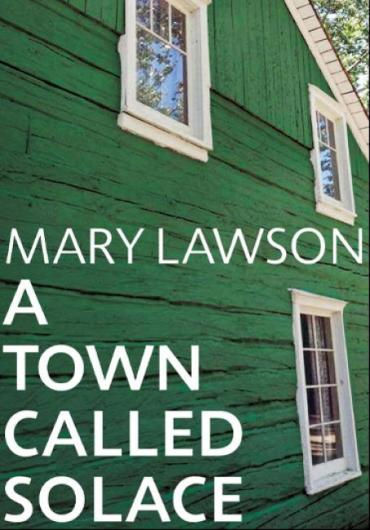The Promise by Damon Galgut - review
- La BiblioFreak
- Oct 22, 2021
- 2 min read

Title: The Promise
Author: Damon Galgut
Genre: Literary Fiction/Historical fiction
Pages: 304
My rating: ★★★☆☆
Other notable works by author: The Good Doctor; The Impostor
Shortlisted for the Booker Prize 2021.
I’m not gonna lie, I struggled with this one a bit. After reading so many good reviews, I was super excited to start it and disappointed that it didn’t live up to my expectations.
The book starts strongly, with the funeral of Ma, and the setting up of the family dynamics, but with each passing chapter, it dwindles more and more. The final chapter, Antons’, was my least favourite and it was somewhat of a relief to finish the book. I felt that, by the end, the characters had become caricatures of their previous selves, particularly Amor, and it no longer felt very believable. There was not much progression in terms of characterisation, despite decades having passed.
The blurb made it seem as though the story is centered around an unfulfilled promise – that a white South African family will give a Black woman, Salome, who has worked for them for decades, her own house and land – yet the promise and the question of its fulfilment is only mentioned briefly in each chapter, and Salome herself, barely features at all, she is less than a secondary character. After Pas’ chapter, it no longer is clear why the promise continues to remain unfulfilled, as Anton has no real motive, and it seems to become simply a badly thought-out plot device. Certainly, much more could have been done to fulfil the promise if Amor (the conscientious one) had wanted to, but even she lacked motivation and purpose as a character, and seemed content to merely pop un every decade or so the remind everyone, but not actually do anything concrete about it.
The story makes more sense if you read the Swart family, and all the other characters as metaphors for different problematic aspects of South African society, but even that seems overly simplistic.
As for the writing style, of which I’d heard much praise, unfortunately, it wasn’t for me. I often got lost in the random switches of perspective, getting confused about who I was reading about, which frequently interrupted my reading flow and irritated me. I’m also not a fan of not putting quotation marks around dialogue, which more and more writers seem to be adopting, which completely baffles me, as it seems to make the writing less accessible, rather than more.
Rereading my review, I realise it’s coming off as quite negative but I want to stress that I didn't dislike the book completely, in fact I found the first half quite enjoyable, therefore it’s a solid three stars from me.



Comments